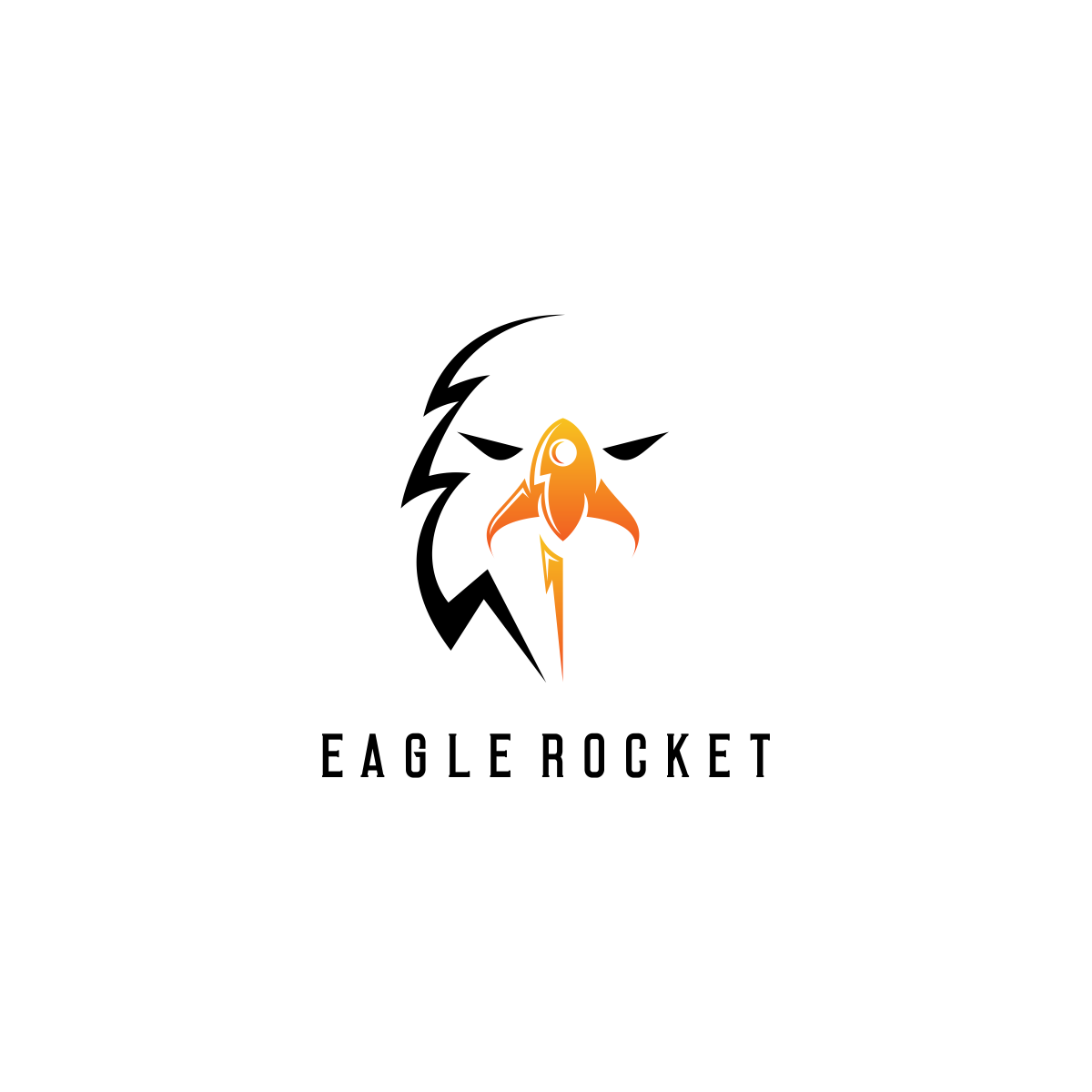In the world of sales, where numbers, charts, and data reign supreme, one might not expect that valuable lessons could emerge from the energetic chaos of a teenage rock band. Yet, the experiences gained from strumming a Fender guitar or tweaking a Marshall amplifier can translate into effective performance evaluation strategies in the competitive realm of business. By examining the dynamics of our youthful musical endeavors, we can uncover a treasure trove of insights that not only enhance sales techniques but also deepen our connection with clients. Let us delve into how a rock band can lead to success in securing more contracts.
The Importance of Discipline Learned from Playing in a Teenage Rock Band
As a 17-year-old navigating the exhilarating yet challenging world of music, I quickly recognized that discipline was essential. Our band engaged in rigorous four-hour rehearsals every day—a commitment that initially seemed excessive to my peers. However, it became clear that without a well-defined routine, achieving success as a group was nearly impossible. This principle applies equally to the sales domain, where a consistent follow-up strategy and routine can determine whether a deal is clinched or lost.
The Need for Routine to Improve Performance
Like rehearsing our setlist, sales professionals must also create a systematic approach to their work. Establishing a structured sales process can accentuate productivity and success. Here are some elements to consider:
- Daily check-ins to assess progress.
- Setting specific, measurable goals.
- Regular training sessions to refine skills.
By integrating these practices into their workflow, sales teams can cultivate an environment of accountability and teamwork, which ultimately leads to improved outcomes.
Establishing Clear Expectations
In our band, clear communication regarding attendance was paramount. I insisted that no member miss a rehearsal. This authoritative stance fostered an environment of shared responsibility, where everyone knew what was expected of them. Similarly, sales teams benefit significantly from establishing clear expectations with both their colleagues and clients. Such clarity paves the way for collaboration and collective goal achievement.
The Value of Feedback from Concert Experiences
Every performance in which our band participated provided a unique chance for reflection. Post-concert discussions focused on what worked well and what needed improvement; this feedback mechanism was a crucial tool for growth. Not merely an obligatory procedure, these sessions were about evolving and honing our craft. Similarly, sales professionals must learn to evaluate themselves after each client meeting to identify areas for enhancement.
Learning from Mistakes
In our group, errors were not viewed as setbacks but as invaluable learning experiences. Each misstep presented an opportunity to reassess our strategies. The sales process is not immune to this either; every lost deal can be reexamined. Here’s how to approach mistakes constructively:
- Identify what went wrong.
- Share insights with the team.
- Develop strategies to avoid similar mistakes in the future.
This attitude towards failure fosters resilience and a more robust sales capability over time.
Understanding the Audience through Musical Performances
Connecting with our audience was central to our band’s success. The way we tailored our music to suit the crowd’s preferences was a fundamental lesson learned. Likewise, understanding clients’ needs and desires is crucial for sealing the deal in sales. Anticipating customer requirements and adjusting strategies accordingly significantly increases the probability of successful outcomes.
Building a Relationship with the Audience
After each performance, engaging with our audience enriched our connection. Conversations with attendees helped us gauge their interests, leading to a loyal fanbase. This proves that in sales, forging genuine relationships with clients enhances retention. Here are some tactics to strengthen customer affinity:
- Follow up with clients post-meetings.
- Host events or webinars to foster community.
- Personalize interactions based on client history.
When clients feel valued, they are more likely to advocate for your services, akin to how loyal fans spread the word about a favorite band.
Avoiding Common Mistakes in Sales Pitches
During our performances, I learned that starting with a lengthy introduction often led to a disconnect with the audience. This realization empowered me to focus on what truly mattered—the music. Similarly, in sales, understanding when to pitch and when to listen is essential. We need to avoid jumping to conclusions too soon in discussions with prospective clients.
Responding to Questions Instead of Preempting Them
Occasionally, I caught myself asking questions to which I already knew the answers, rather than allowing the audience to engage. This approach stifled genuine dialogue. In the sales arena, it’s critical to let clients articulate their needs. Validating their concerns fosters an open environment for discussion. Here’s how:
- Practice active listening techniques.
- Avoid filling silences with assumptions.
- Encourage clients to express their thoughts openly.
This practice not only sharpens the conversation but also enhances the rapport with the client, similar to how live performances resonate most when the audience is engaged.
Reflecting on our performances allowed us to assess what could be improved. Likewise, every interaction with customers should be viewed under a similar lens. Evaluating the course of conversations can help maintain focus and prevent unnecessary deviations. In sales, honing the discussion ensures that meetings are productive and results-oriented.
Establishing Legitimacy with Clients
As musicians, confidence in our craft was vital when performing, comparable to how salespeople must project trustworthiness and expertise. Demonstrating in-depth knowledge of the industry enhances the credibility of one’s arguments. A strong sense of legitimacy is crucial for building enduring client relationships. Here’s how to bolster one’s credibility:
- Showcase past successes.
- Provide case studies relevant to client needs.
- Continuously update knowledge of market trends.
By embodying expertise and confidence, sales teams can significantly increase their contract conversion rates.
Leveraging Disciplinary Music Practices for Sales Success
The meticulous practices learned while performing music with my band have had profound applications in the sales industry. Discipline, feedback implementation, and understanding one’s audience have become pillars of a successful sales strategy. To effectively bridge the gap between these seemingly disparate worlds, one must actively integrate the lessons drawn from musical experiences into day-to-day sales operations.
Bridging the Gap Between Music and Sales
Just as every successful band rehearses tirelessly to achieve harmony, sales representatives can foster collaboration and consistency to reach their goals. Here are ways to establish this synergy:
- Create regular cross-team workshops.
- Encourage sharing success stories across disciplines.
- Collect feedback on sales strategies regularly.
In this way, the artistry of negotiation can be refined, ensuring smoother transactions and better client relationships.
The Role of Performance Evaluation in Monthly Sales Meetings
Finally, regular performance evaluations, similar to band jam sessions, help foster an environment of continuous improvement. These meetings should not just review numbers but should facilitate discussions about individual growth and team dynamics. Incorporating both quantitative and qualitative aspects into the evaluation process can provide a comprehensive view of performance.
| Evaluation Criteria | Quantitative Metrics | Qualitative Insights |
|---|---|---|
| Lead Conversion Rate | 25% | Feedback from sales outreach efforts. |
| Client Retention Rate | 80% | Customer satisfaction surveys and testimonials. |
| Networking Activities | 20 events/month | Engagement level at networking events. |
Frequently Asked Questions
What were the key lessons learned from my teenage rock band experience?
The experience taught the value of discipline, the necessity of clear communication, and the importance of understanding audience needs, which are all applicable to effective sales strategies.
How can feedback from performances help improve sales pitches?
Just like a band evaluates its concerts, sales teams should assess their meetings to identify strengths and areas for improvement, ensuring a continuous refinement of their techniques.
Why is audience engagement crucial in sales?
Audience engagement, akin to audience interaction at concerts, fosters a deeper connection with clients, which can significantly enhance client loyalty and lead to higher contract success rates.
How can we avoid common mistakes in our sales approach?
Avoiding assumptions and allowing clients to express their needs leads to more productive discussions, just as engaging with the audience leads to better performances.
How do strong relationships with clients translate to better sales outcomes?
Building trust and rapport with clients ensures they are more likely to advocate for your services, paralleling how loyal fans support a beloved band.

